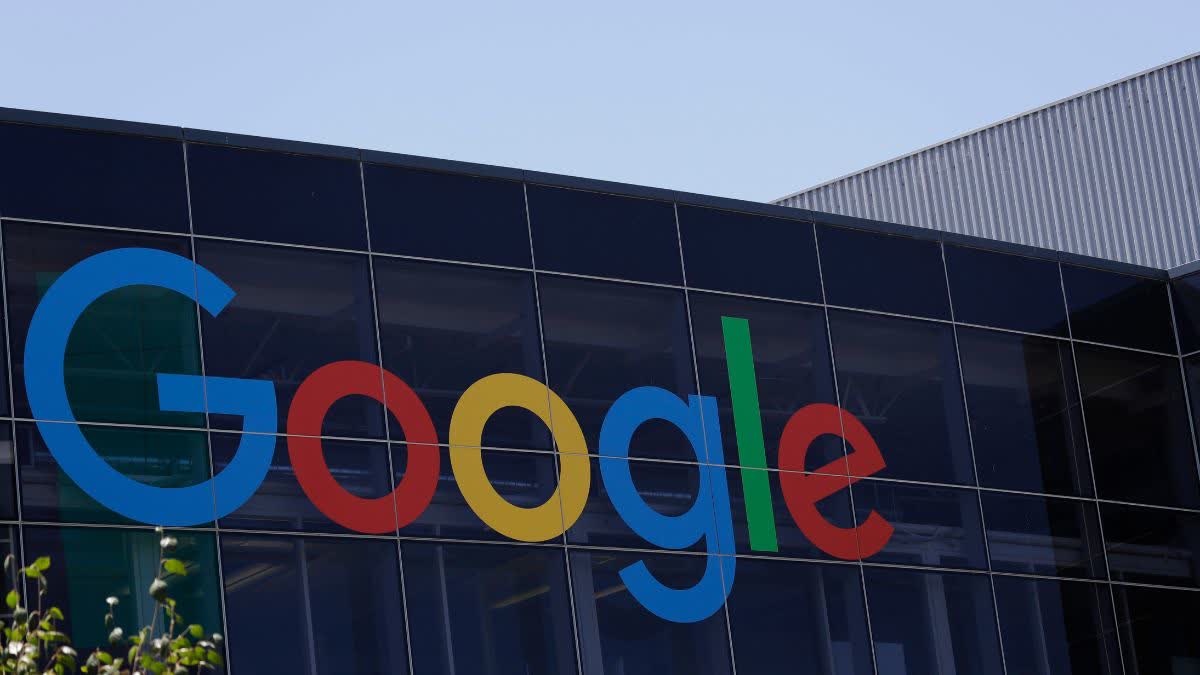Hyderabad: Google on Monday announced the signing of world’s first corporate agreement to purchase nuclear energy from yet-to-be-developed small modular reactors (SMRs) by to support power requirements for AI technologies. While nuclear energy does not emit greenhouse gases, scientists and experts are divided on the matter since it comes with high risks and produces long-lasting radioactive waste.
Reinhard Uhrig, a climate and energy expert at World Wide Fund for Nature (WWF) Austria, expressed his opposition to Google’s plan, citing an “unproven design”. He argued that renewable energies (such as wind and solar) are the best way to reduce emissions.
Uhrig also highlighted that the deal has not been approved by Nuclear Regulator and the plants have yet to be built. These plants, meant to be for exclusive use of Google, will be developed by US-based startup Kairos Power with the first SMR going online in the initial phase by 2030, followed by additional reactor deployments through 2035.
Kairos plans to build a fluoride salt-cooled high temperature reactor (KP-FHR) - not a new concept, been around + plagued with problems.
— Reinhard Uhrig (@reinharduhrig) October 15, 2024
Don't bet on building that in 5 years https://t.co/aaJ6nsSeqo pic.twitter.com/IjOuCEW2oI
Meanwhile Uhrig said that Kairos' plans to build a fluoride salt-cooled high temperature reactor (KP-FHR) is not a new concept, adding that it has been around and has been plagued with problems.
This corporate agreement will enable up to “500 MW of new 24/7 carbon-free power to US electricity grids”. A typical nuclear reactor in the US produces around 1 GW (gigawatt) of electricity, but the amount of electricity depends on how long the reactor operates at a specific capacity.
Artificial Intelligence data centres are known to consume a notoriously high levels of electricity. According to International Energy Agency, the electricity usage by such data centers stood at around 460 terawatt hours in 2022 and could increase to 620-1050 TWh in 2026. According to IDC, AI data centre energy consumption is forecast to grow at a CAGR of 44.7 per cent. This is why, big tech firms, who have made net-zero pledges, have shifted their focus towards nuclear power as a potential carbon-free power source to support their AI plans.



